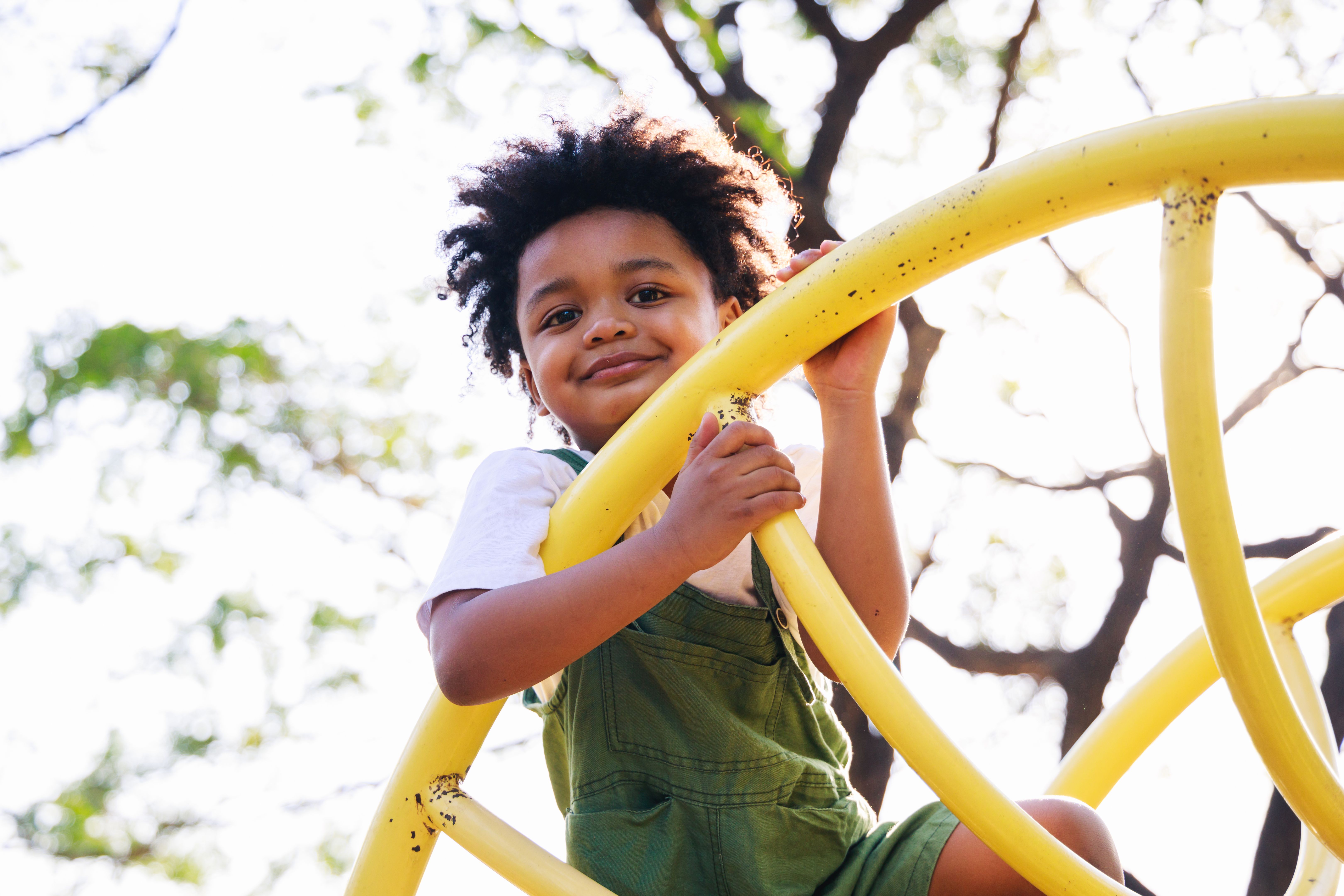Building Meaningful Friendships for Children with Special Needs
Understanding the Importance of Friendships for Children with Special Needs
Friendships play a crucial role in the development of all children, providing them with emotional support, social skills, and a sense of belonging. For children with special needs, building meaningful friendships can be particularly beneficial as it helps them integrate into their communities and boosts their self-esteem. These connections can be life-changing, offering a network of understanding and empathy that supports their unique challenges and strengths.

Creating Inclusive Environments
One of the key steps in fostering friendships for children with special needs is creating inclusive environments where all children feel valued and accepted. Schools, playgrounds, and community centers can implement programs that promote diversity and understanding. Educators and community leaders should be trained to recognize the unique needs of each child and encourage interactions that are respectful and supportive.
Inclusion can be facilitated through activities that encourage teamwork and collaboration. Group projects, sports teams, and clubs can be tailored to accommodate various abilities, ensuring that every child has the opportunity to participate and shine. By structuring activities in a way that highlights each child's strengths, we can foster a sense of camaraderie and mutual respect among peers.
Encouraging Peer Understanding
Educating peers about the challenges and strengths of children with special needs is essential in building empathy and understanding. This can be achieved through classroom discussions, workshops, and storytelling that highlight the diverse experiences of all students. When children learn to appreciate differences, they are more likely to form genuine friendships based on mutual respect.

Parents and educators can also play a significant role by facilitating playdates and social gatherings that include both children with and without special needs. These interactions provide opportunities for children to learn from one another and develop friendships in a natural setting. As children spend more time together, they become more comfortable with each other's unique ways of communication and interaction.
Supporting Parents and Caregivers
Parents and caregivers of children with special needs often face unique challenges when it comes to facilitating friendships for their children. It's important for them to have access to resources and support networks that can guide them in fostering social connections. Support groups, workshops, and online communities can offer valuable advice and share experiences that help parents navigate the social landscape.
Additionally, parents can encourage friendship-building by modeling positive social interactions themselves. By demonstrating empathy, patience, and open-mindedness in their own relationships, parents can set an example for their children to follow. Encouraging children to express their feelings and listen to others also helps develop essential communication skills that are crucial for forming lasting friendships.

Celebrating Small Victories
Building meaningful friendships for children with special needs is a journey that requires patience, understanding, and perseverance. Celebrating small victories along the way can provide motivation and encouragement for both children and their families. Whether it's a child expressing interest in making a new friend or successfully participating in a group activity, these moments are significant milestones worth recognizing.
Ultimately, every child deserves the opportunity to form meaningful connections that enrich their lives. By fostering inclusive environments, promoting understanding among peers, supporting parents, and celebrating successes, we can create a world where children with special needs can build lasting friendships that empower them to thrive.